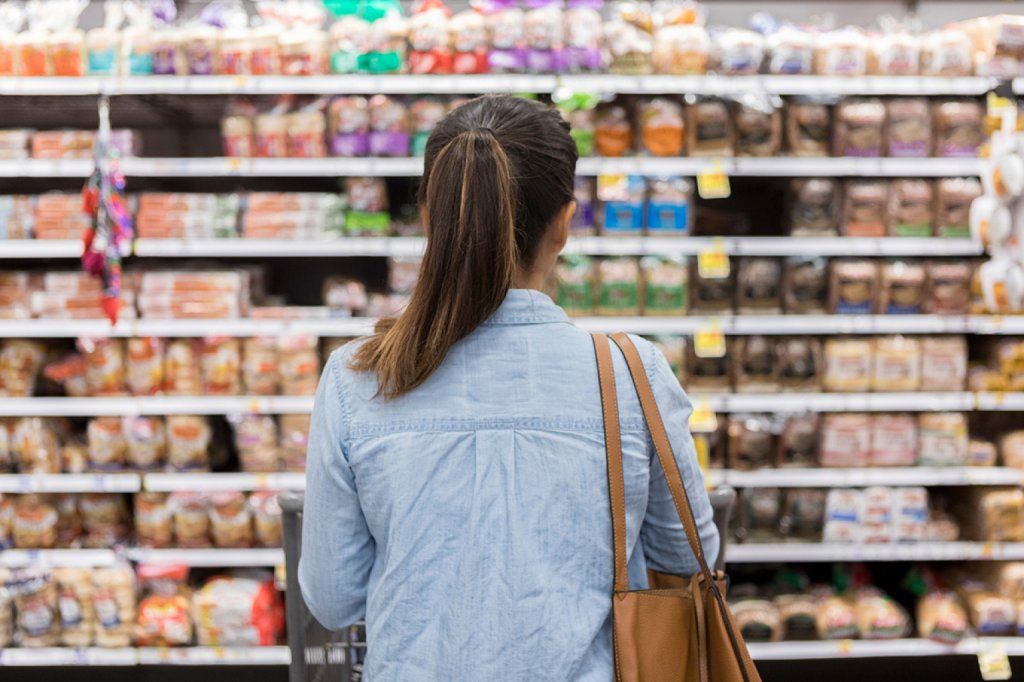Brick and Mortar Grocery Responds to Amazon's Two-Hour Grocery Delivery

A few years ago, the grocery industry seemed like the untouchable horizon. The one market that was safe from e-commerce. How could e-commerce bore its way into an industry with such perishable, fragile and heavy items? Impossible! Then, Amazon; as it often does, introduced Amazon Pantry and Amazon Fresh. These services allowed users to get groceries within 2 hours. However, consumers remained skeptical.
Then in 2017, Amazon acquired Whole Foods Market in a $13 billion deal. This changed the game, many consumers felt that Amazon was now capable of providing perishables in a trustworthy manner, and the popularity of the services began to rise and so, the steadfast grocery industry began to quiver — but all way not lost.
Brick and mortar grocery stores have been responding to Amazon’s two-hour grocery delivery service. The companies that are learning and evolving rather than simply trying to compete have been finding success. So what are some of the techniques have they implemented in response?
Delivery Services
Third party delivery services have been a major win for brick and mortar grocers. Third-party companies like Instacart and Shipt have given grocers and shoppers access to 2-hour or even 1-hour delivery. Some grocery stores like smaller community stores, Aldi and Safeway offer private delivery services. These options compete with Amazon because you have the option to put a name and face to who is delivering your items and rate that service.
Pick up and go
Pick up services for groceries are also becoming increasingly popular and helping larger grocers such as Walmart, Target, Safeway, and Kroger remain profitable. This is great for people who want to avoid a delivery fee but avoid shopping. In-store staff can also prepare the pickup orders, allowing grocers to avoid third-party fees. It provides an added convenience and security of being able to double check your groceries while still at the store.
Enhanced Customer Experience
Brick and mortar grocers who have been set on providing an enhanced and personalized customer experience have also done extremely well in response to e-commerce’s rise in popularity. Giving shoppers individualized attention, while ago providing other services like sampling, wine tastings, chef pairings can help shoppers choose and in-store experience rather than simply order online. Additionally, grocers who focus on providing local or regional specialties and locally grown produce seem to be thriving. As people become more concerned with what they are eating and where it comes from, this can be extremely appealing to shoppers.
Self-driving Delivery Cars
Innovation rather than imitation is extremely important when trying to keep an industry thriving when it is disrupted. Kroger is doing just that by testing out a self-driving delivery service. This test run is being done in Scottsdale, Arizona for Fry’s Food Stores. You can order on their website or app and an autonomous car comes and delivers your order. So far there is an “emergency” driver included, but In the future, a completely robotic car would take its place. This could create an entirely new landscape for brick and mortar grocers to expand on and make its own.
Any industry that is willing to adapt to change is one that will succeed, and it seems that the grocery industry is overcoming disruptions and moving forward to thrive now and in the future.
A Trusted Guide in Commercial Real Estate
Coldwell Banker Commercial® provides Commercial Real Estate Services from Property Sales and Leases, to Property Management. Learn how our expansive network of Independently Owned and Operated Affiliates and Real Estate Professionals use their in-depth knowledge of the local market and industry trends to help businesses and investors navigate the complexities of the commercial real estate landscape.






